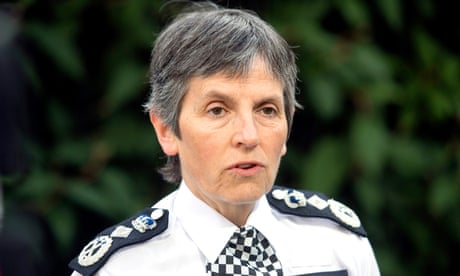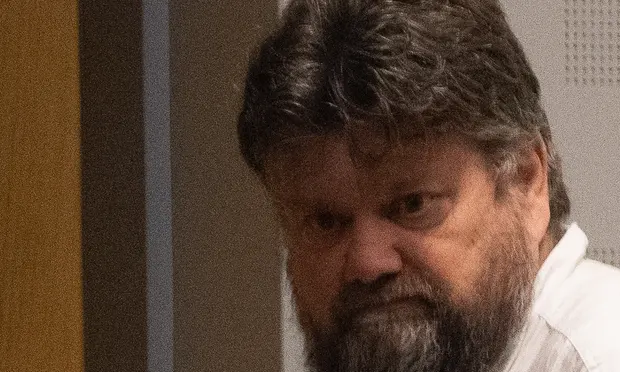The Met had vowed not to shy from historical sex abuse after the Jimmy Saville scandal
The Met launched Operation Midland after the claims by Carl Beech, which one detective called ‘odd’. Photograph: Julia Reinhart/Getty Images Photograph: Julia Reinhart/Getty Images
How did we get here?
The revelations about the Jimmy Savile scandal in 2012, and how the popular entertainer abused hundreds with the authorities ignoring concerns about him, created a shockwave.
The need to tackle historical sex abuse became paramount and police became determined they would pursue claims without fear or favour, no matter how powerful the suspects were.

In 2012 a man known then only as “Nick” went to police in Wiltshire to claim he was a victim of a VIP paedophile ring with links to Westminster, rumours of which had existed for years.
Wiltshire had doubts about his claims with one detective saying the claims were “a little bit odd” and “it all sounds a bit ‘spooks’”. Nick then went to a start-up website, Exaro, which published his claims.
The Met police said they wanted to talk to Nick, and eventually in 2014 with the help of then Labour backbencher Tom Watson, Nick was persuaded to make a statement to detectives.
His claims of abuse of children by a group of prominent people and of children being murdered led to Operation Midland.
Why are the police in trouble?
In December 2014 police held a press conference to appeal for witnesses and to show claims of historical child sex abuse would be pursued vigorously.
They described the outlandish claims made by Nick as being credible, broadly in keeping with policy to believe victims unless evidence emerges to disprove them. But they went further to describe them as “true”. This would be a millstone round police necks and they were slow to retract it.
They obtained warrants, which Sir Richard Henriques’ report said was unlawful, and searched the homes of former military chief Edwin Bramall, former home secretary Leon Brittan and former Tory MP Harvey Proctor. The names became public.
Soon Midland was dogged by claims it was a baseless witch-hunt, but as late as February 2016 police viewed Nick as credible. The investigation collapsed in March 2016.
The then Met commissioner Lord Bernard Hogan-Howe commissioned a review by Henriques, a retired judge. It branded the claims a fantasy and untrue and said Nick should face criminal investigation for lying to police.
What was published?
A redacted version was published by the Met in November 2016. The main reason for omitting so much material was the criminal investigation into Nick.
In June this year Nick, real name Carl Beech, was convicted of perverting the course of justice and fraud, and in an earlier trial for offences over indecent images of children. He was jailed for 18 years.
That lifted any legal restrictions on the Met releasing more material from Henriques’ review to the public.
Furthermore, an investigation by the police watchdog concluded and decided no Met officer should face discipline or criminal charges, ending any prospect of prejudice from publishing more of Henriques’ damning report.
How damaging are Henriques’ findings for the police?
The Met are shown to have fallen for a fantasist, been slow to realise they had been duped, and subjected wholly innocent people to distress.
The home secretary has used special powers to order in inspectors to check up on the Met. For Britain’s largest force it is a continuing embarrassment.
But claims of historical abuse are growing, and the government appointed inquiry on child sexual abuse has had nearly 20,000 people to come forward saying they were victims.
Operation Midland was an excruciating and high-profile failure for the Met but others in policing say the priority has to be getting justice for those abused in the past and bringing attackers who thought they had got away with it to justice.

